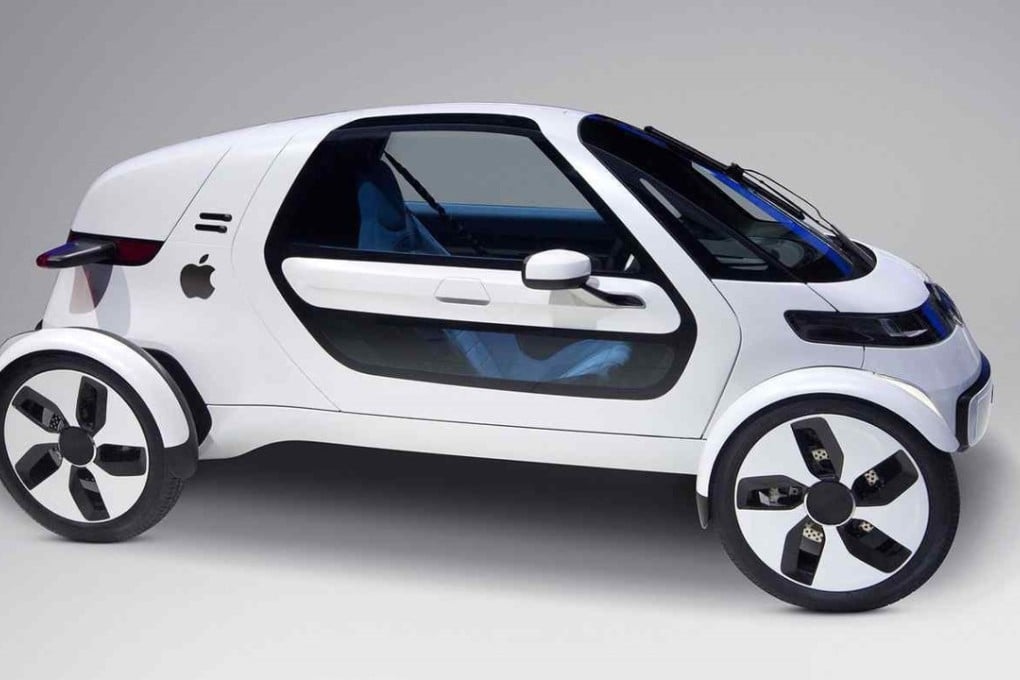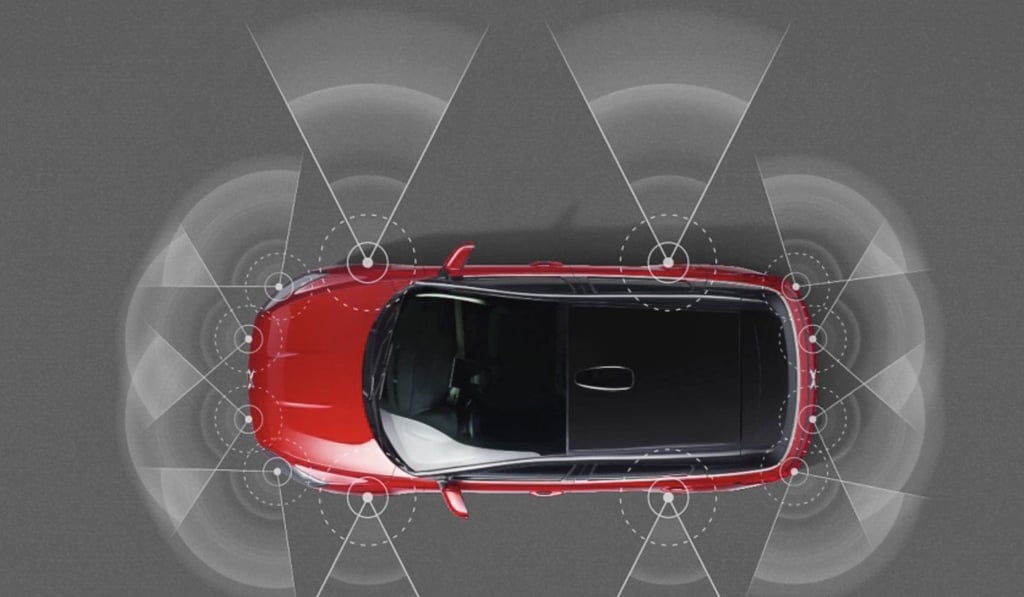Chinese firm denies involvement in alleged theft of Apple self-driving car tech by its new employee
Former Apple employee was arrested at a California airport on Saturday for allegedly stealing secrets as he left to start job at Xiaopeng Motors

The Chinese hirer of a former Apple engineer who was charged with stealing trade secrets has distanced itself from the case, saying it was “not involved in any form” of the alleged theft.
Zhang Xiaolang, a former Apple Inc employee, was alleged to have downloaded a blueprint related to a self-driving car to a personal laptop in the United States before trying to flee the country for China. Zhang intended to work for a Chinese electric car start-up and booked a last-minute flight to China after downloading the plan for a circuit board for the car, according to a criminal complaint filed in the federal court.
He was arrested on Saturday at San Jose airport in California after he passed through a security checkpoint.
Zhang’s new Chinese employer, Xiaopeng Motors – also known as Xpeng – issued a statement on Wednesday confirming that it hired Zhang as an employee in early May but not disclosing Zhang’s title or the terms of his employment.

The Guangzhou-based company said Zhang did not flag any “sensitive or irregular” information when he signed a “compliance document on intellectual property protection” on day one of his employment.